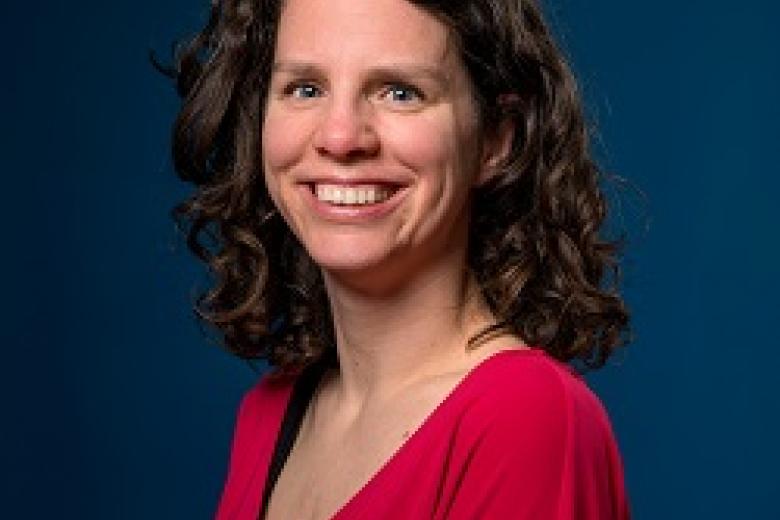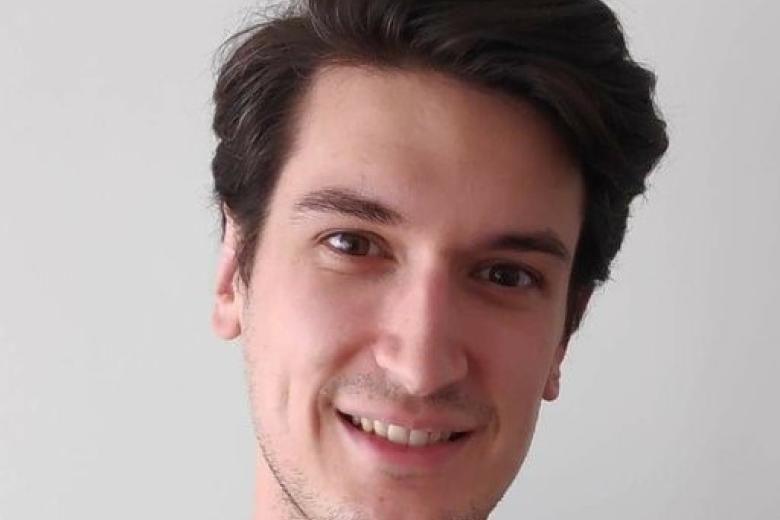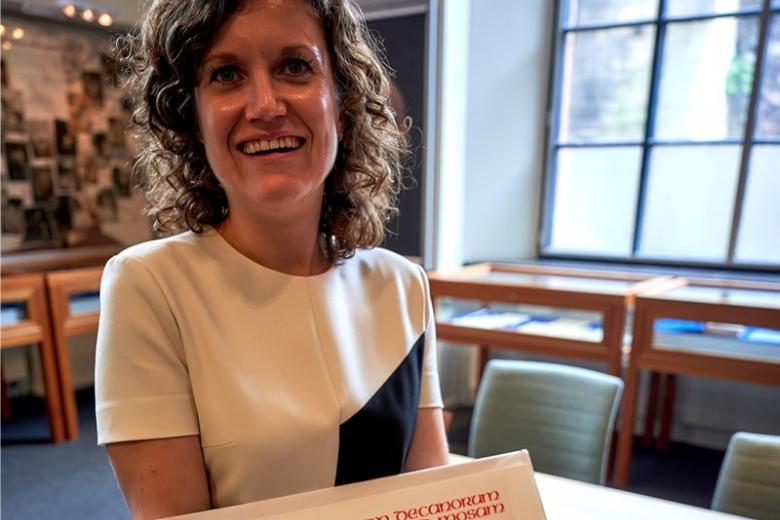Multi-million euro grant for consortium led by UM psychology Prof. Anita Jansen
Maastricht University has been selected for the first time as the primary applicant and project leader of the Gravitation programme. With this programme, the Dutch government aims to stimulate excellent research. At the recommendation of the Netherlands Organisation for Scientific Research (NWO) following a rigorous selection process, the Minister of Education, Culture and Science has awarded a consortium led by Prof. Anita Jansen, dean of the Faculty of Psychology and Neuroscience, a grant of almost 20 million euros for the research project ‘New Science of Mental Disorders’.
Anita Jansen: “Our team will be researching a new mathematical model of mental disorders. These are more common than you think; one in four people suffers from mental illness at some point during their lifetime. Through our research, we hope to better understand how mental illness originates and how we can treat it more effectively.”
Impact
The impact of psychological disorders is drastically underestimated. Almost 40% of all diseases are psychological in nature. Take, for example, depression, anxiety disorders, addictions, post-traumatic stress disorders, eating disorders, personality disorders and more. One in four adults suffers from one or more mental illnesses at some point in their lives. Not only does mental illness cause a lot of personal misery, but it also has social repercussions; long-term absenteeism and high healthcare costs lead to considerable economic losses. Most people with mental health problems receive treatment that is inadequate. Better treatments for mental illnesses are badly needed to reduce both personal suffering and the enormous social costs.
Mechanisms
Jansen: “In order to come up with these better treatments, we need to understand the mechanisms responsible for mental health problems. Our team consists of about twenty top researchers, primarily clinical psychologists and mathematical psychologists. We have developed a new mathematical model regarding the origination and perpetuation of psychological disorders. In doing so, we break with the traditions of classical psychiatric diagnostics, where the focus is on individual disorders and the search for one underlying cause for each disorder. It is clear that this medical approach has yielded too little thus far.”
Model
The model developed by the consortium assumes that it is not useful to continue to think in different diagnostic categories and that there is no single underlying cause for a particular psychological disorder. They think that the symptoms of a disorder and their mutual dynamic interactions reflect the disorder. Symptoms cause symptoms and individual networks of symptoms maintain the disease—they are the disease. In their research, they will study the value of this revolutionary network model from different perspectives.
The consortium
The Gravitation programme grant was awarded to a consortium led by Anita Jansen. This consortium consists of 19 influential scientists (47% female). In addition to Anita Jansen, the principal investigators are: Prof. Anne Roefs (UM), Prof. Merel Kindt (UvA), Prof. Reinout Wiers (UvA), Prof. Bernet Elzinga (Leiden University), and Prof. Andrea Evers (Leiden University). Dr Carolien Martijn (UM) was also closely involved from the outset with writing the proposal. In its advisory report, the evaluation committee called the composition of the consortium exceptionally good because of the complementary expertise, gender balance and the mix of senior and younger researchers. The committee also praised the team spirit that is evident in the consortium.
About the Gravitation programme
With the Gravitation programme, the government stimulates excellent research in the Netherlands. It is intended for scientific consortia that are among the world leaders in their field. Research teams of top scientists from various Dutch universities receive a grant to set up excellent scientific research programmes together over a period of several years. The total amount of grant money available is more than 115 million euros. In this application round of the Gravitation programme, 34 proposals were submitted and an interview was held with 16 consortia. Six proposals were approved.
Also read
-
PhD research shows impact of aggression on staff and patients in forensic care
Nienke Verstegen, researcher at De Forensische Zorgspecialisten, has conducted research on aggression within forensic care and its impact on patients and staff. On July 6, 2023, she will receive her PhD from Maastricht University with her dissertation 'Hurt people hurt people. Characteristics and...

-
Procrastination is the thief of time
In his PhD research, Kristof Vandael investigated how this generalization of pain-related avoidance can be inhibited in the lab to help optimize therapy for chronic pain or even prevent the development of chronic pain.

-
Gone with the wind
Astrid Meesters received her doctorate on Sept. 28 with her PhD research on flexibility and mindfulness as resilience factors for pain and recovery.
